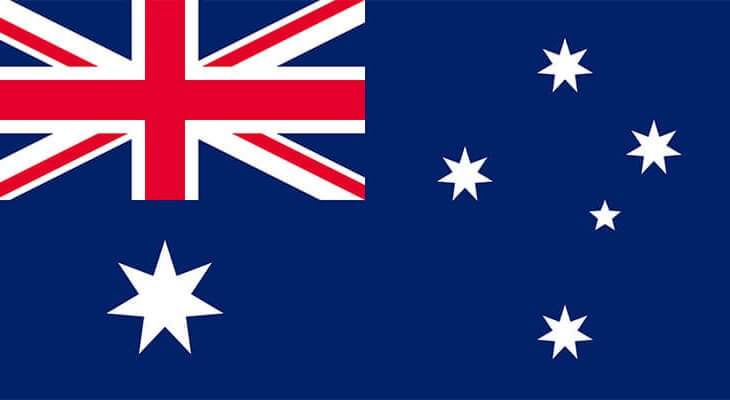Australia in Move to Block Illegal Gambling Sites
By Simon Wright, Last updated Mar 23, 2023

The Australian Communications and Media Authority have warned Australian residents to remove all funds they may have currently held in offshore unlicensed gambling websites, before access to them is shut off.
Sites which have been highlighted taking bets from Australian players include Curacao based Emu Casino and FairGo Casino, are among the first such sites to be blocked at ISP level in Australia according to the Sydney Morning Herald.
The Australian Communications and Media Authority have said that they will request Australian Internet Service Providers to block identified gambling sites targeting Australian players, using powers provided to them by the Interactive Gambling Act 2001.
Chairperson of the ACMA, Nerida O’Loughlin, commenting on the move, stated: “In many cases these sites refuse to pay significant winnings, or only a small portion.”
“Customers had also experienced illegal operators continuing to withdraw funds from their bank account without authorisation. There is little to no recourse for consumers engaging with these unscrupulous operators. If you have funds deposited with an illegal gambling site, you should withdraw those funds now.”
“Many illegal offshore gambling websites target Australians by using Australian themes and images, such as the Australian flag and native animals.”
The Australian Minister for Federal Communications, Paul Fletcher, estimates that Australian players had access to over 1,000 unlicensed online gambling sites, causing the country to miss out of over $100m of tax revenues.
Fletcher commenting about the action to be taken by the ACMA, said: “Too often these offshore operators are defrauding Australians and their websites typically provide very few, if any, harm minimisation controls. Consumers have no recourse to retrieve their money.”
Fletcher also confirmed that the ACMA also had other powers at its disposal, such as issuing formal warnings and civil penalty notices, although he did admit that these were difficult to enforce against overseas operators.
 Top 5 casinos
Top 5 casinos 



